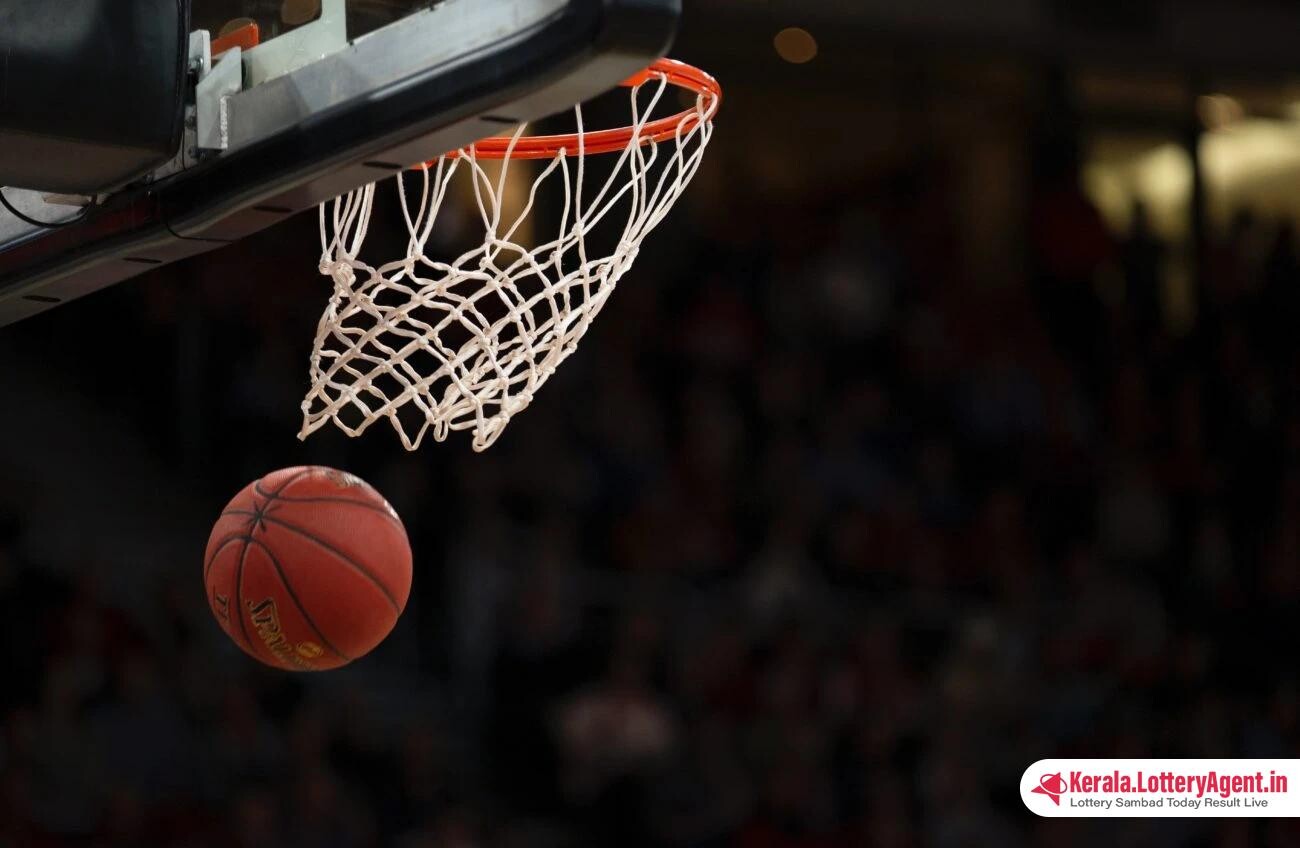
The National Collegiate Athletic Association (NCAA) has taken a proactive stance with the unveiling of their ‘Draw the Line’ campaign, coinciding with the first week of the 2024 Division I Men’s and Women’s Basketball Championships. This period is notoriously recognized as one of the most active for gambling activities in the United States.
In an attempt to combat the proliferation of sports betting, particularly among young adults, the Draw the Line campaign will be disseminating its message through various social media channels. The initiative is designed to highlight the potential pitfalls associated with sports wagering and aims to sensitize the audience to its dangers. In support of this endeavor, NCAA-affiliated schools and conferences will be granted access to a comprehensive toolkit replete with resources to further bolster the campaign’s reach and effectiveness.
The context of this initiative is critical, given the legislative landscape pertaining to sports betting. With legal sports gambling available in over 30 states, there is an alarmingly high engagement among college students. Data provided by the NCAA indicates that more than half of college-aged individuals are reported to have placed bets on sporting events within the last year. More profoundly, further research reveals that a staggering 67% of students aged 18 to 22, present on college campuses, have participated in sports wagering. These figures are particularly concerning because the legal betting age in all regulated states is 21, underlining a trend of under-aged gambling.
Adding to the NCAA’s concerns is the varying degrees of legal frameworks across different states, with insufficient protection and integrity clauses for student-athletes. Last autumn, the organization called upon states to reform sports betting legislation to safeguard student-athletes from any form of harassment or coercion, mitigate the impacts of problem gambling, and ensure the integrity of sports competitions.
These advocacy efforts have yielded some progress. Ohio, for instance, witnessed a collaborative effort between student-athletes, campus administrators, and the national office, which influenced gaming regulators to ban player-specific proposition bets. West Virginia, New Mexico, and Maryland have also implemented measures to protect their student-athletes from betting-related harassment.
NCAA president Charlie Baker voiced his concern over the prevalence of sports betting on college campuses. “It’s critical student-athletes get the real story about how it can impact them and their ability to play,” he said. The NCAA has resolved to work towards policy reform at the state level and is deploying monitoring tools during championships to identify and report serious threats to law enforcement agencies. “The NCAA is doing more than ever to protect the integrity of the game and arm student-athletes with the truth about sports betting,” Baker added.
This new Draw the Line campaign represents a continuum of efforts from the NCAA to confront the challenges spawned by sports betting. In the previous October, the association had also introduced its inaugural sports wagering e-learning module, another educational resource targeting student-athletes. This free online module provides comprehensive training, featuring real-life scenarios, question-and-answer sections, and a plethora of resources focused on the perils of sports betting. It delves into topics such as problem gambling, sporting integrity, NCAA regulations, and social media harassment.
The e-learning module’s development was a collaborative effort involving current and former college athletes as well as campus leaders, resulting in an engaging and informative tool aimed at fostering awareness and responsible behavior among student-athletes regarding sports betting. Through these initiatives, the NCAA endeavors to maintain a sports environment where integrity, fairness, and the welfare of student-athletes remain of paramount concern.












